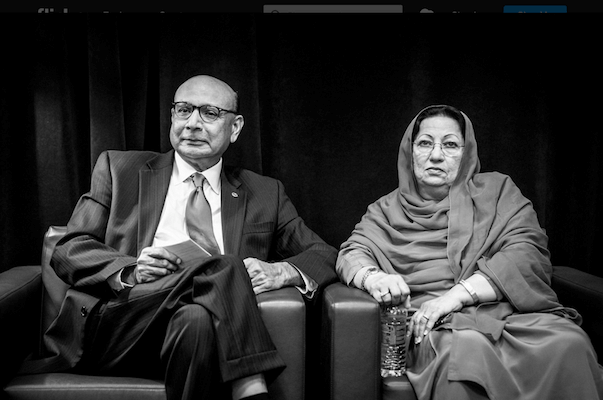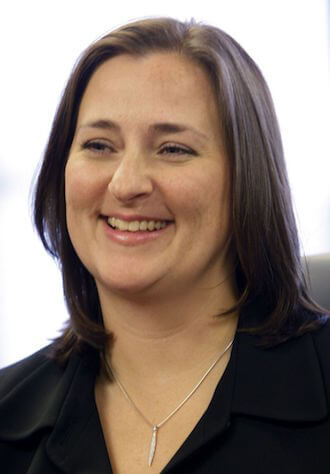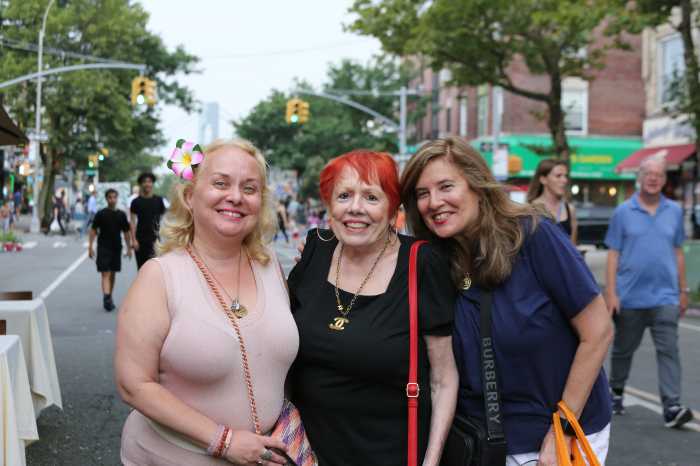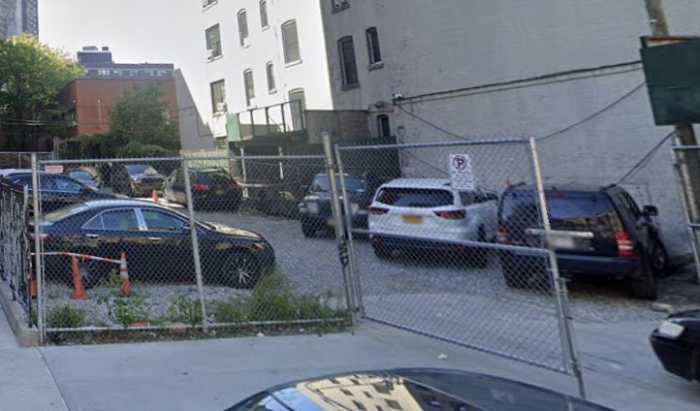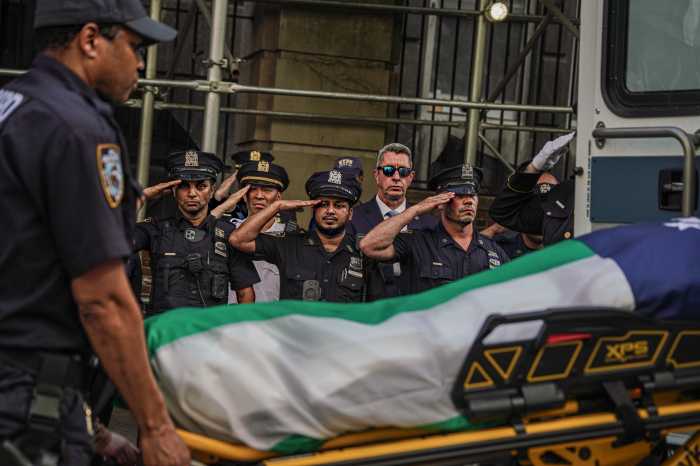For the first time in American history, gay men and women were recognized in a president’s inaugural remarks. Barack Obama did not stop at calling us America’s “brothers and sisters.” Before the world, he referred to the Stonewall Riots and joined the movement that grew out of that event to the origins of the women’s movement at Seneca Falls in 1848 and the march for African-American civil rights that occurred in Selma during the dangerous days of 1965. Stonewall came only a few years after, but that tumultuous early morning rebellion in 1969 took 44 years for a president to recognize so publicly.
For many, “Seneca Falls and Selma and Stonewall” will be words remembered as the highlight of the president’s second inaugural address. The full “evolution” of President Obama’s views on gay rights had come to fruition. For me, his comments also reinforced my commitment — as a Democrat, an American, and a “two term” volunteer — to the president.
My political engagement started before I could vote. Boisterous and cheeky, in high school I went head to head with the pro-lifers and Bush supporters. I have always known I am gay, but in rural Connecticut — and even in New York — it was easier to come out for women or a progressive tax structure than gay rights. Today, I’m thankful to be working for one of the most progressive elected officials in New York, State Assemblyman Dick Gottfried.
In 2009, I joined the marriage equality campaign in Maine to defeat the referendum aimed at overturning the same-sex marriage law enacted there earlier that year. But the referendum won and same-sex marriage remained illegal. It was the most devastating campaign loss I had ever experienced.
In 2012, a pro-marriage referendum was placed on the ballot. I was asked to return, “to finish the job” as my friend who was back on the trail there said. But I had to decline.
You see, President Obama declared his support for marriage equality in May of 2012. He did so while up for reelection against a candidate whose platform was steeped in bigotry and a party that uses gay issues as a bludgeon at the ballot box. LGBT equality at the federal level is my end goal and keeping a pro-equality president in the White House was a higher priority for me than contesting a single state.
This time, my political engagement was personal. I had to go to bat for the person who batted nationally for me.
A dear friend whom I’d met on the Maine marriage campaign in 2009 was directing field organizing in outer Allegheny County in western Pennsylvania. So I hit the trail.
I ran offices and organized for the president in towns that are far from sexy. In fact, they are derelict reminders of America’s great manufacturing past, where steel and coal mining helped make cities great, fostered a middle class, and propelled America to the top. Talk to residents of these towns and they’ll tell you how, not long ago, mills pumped out goods while endless freight trains carried steel and coal to the far reaches of the country. But now, all that is gone.
In Pennsylvania, I’m the gay white New Yorker who works, lives, even breathes Manhattan West Side politics, yet who allied and bonded with people with whom I would appear to have little in common. It is our differences, the president has said, that unite us.
Outer Allegheny usually has 50 percent voter turnout during general elections. In 2012, the brilliant, amazing team I was part of moved 70 percent of registered voters to the polls.
Personalizing politics is why we won in Pennsylvania and Ohio, in Virginia and Colorado. It is also why in Maine, voters reversed their 2009 decision and marriage equality was approved at the ballot box. The same thing happened in Maryland and Washington, and in Minnesota, an anti-gay constitutional amendment was defeated.
Back in 2008, Hillary Clinton had my heart, my voice, and my vote. Clinton’s eloquent concession after losing the primaries to Obama was a moment of catharsis for me, and my evolution on the new president concluded on the frigid morning of 2009’s inauguration. The emotional chill of witnessing history dispelled the weather’s chill, even as memories of that moment remain frozen in my mind.
This inauguration, the morning started a little later and was not as cold. To my left were three eager college students from Minnesota; a crunchy family of five from Vermont stood in front of me; to my right were cousins from Ohio and Maryland, a happy couple from Tennessee, and enlightened high schoolers from Oregon.
I gasped and squealed when the president declared, “We will respond to the threat of climate change.”
But I was left speechless, my eyes overflowing with tears when I heard the president say, “We, the people, declare today that the most evident of truths — that all of us are created equal — is the star that guides us still, just as it guided our forbearers through Seneca Falls and Selma and Stonewall…”
Now that our tears have been shed, the fight goes on. And the stage has been set for national equality.
See you on the campaign trail.

